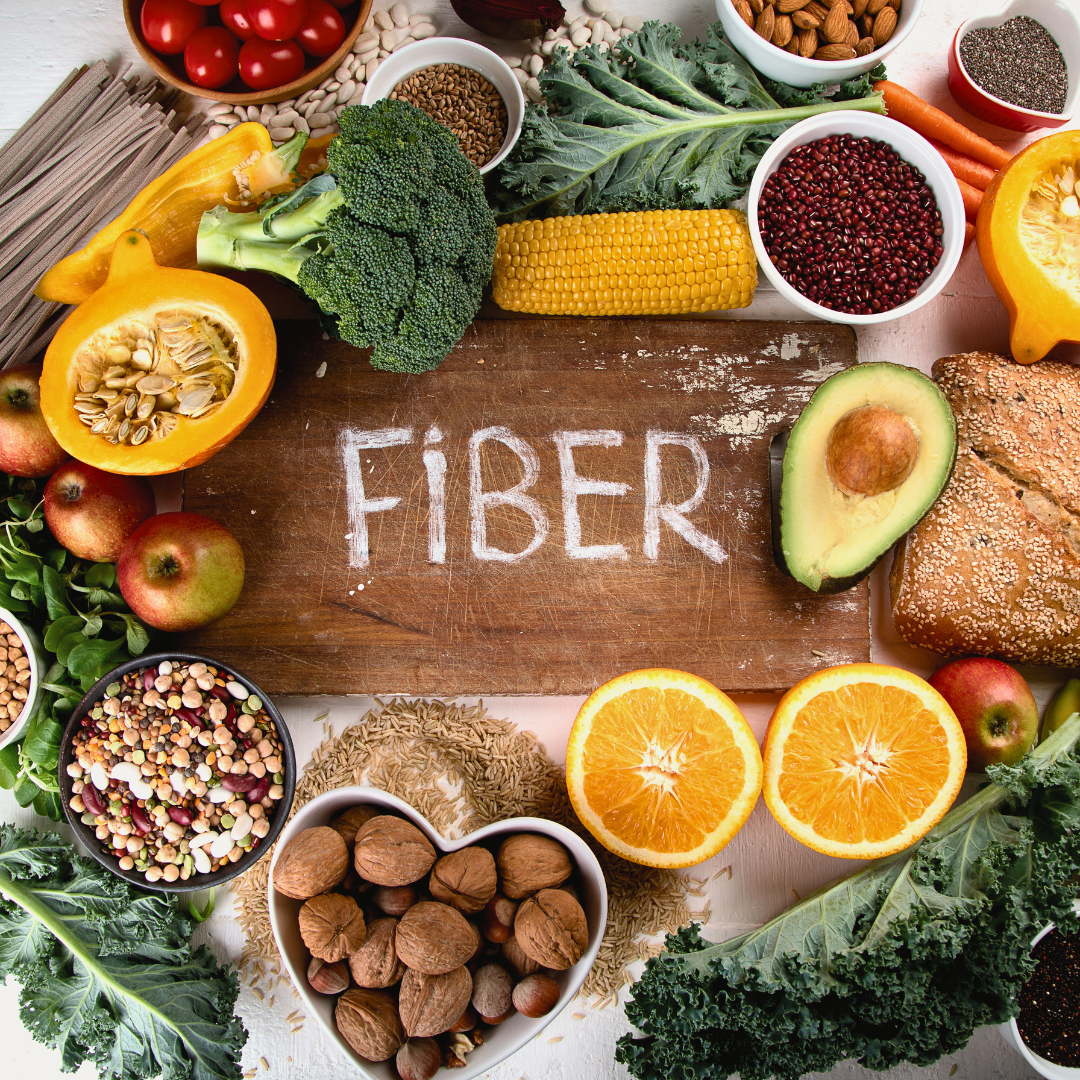Fiber is an essential nutrient often overlooked. It is found in plant-based foods such as fruits, vegetables, whole grains, and legumes. Fiber is a type of carbohydrate that the body cannot digest or absorb. Instead, it passes through the digestive system, which has many significant benefits. Fiber is essential for good health, but most people are not getting enough.
The Importance of Fiber
There are many reasons why fiber is so essential for health. Here are just a few:
- Improves digestion: Fiber helps to keep the digestive system moving smoothly and can prevent constipation and diarrhea.
- Lowers cholesterol: Fiber can help lower LDL (“bad”) cholesterol and total cholesterol.
- Helps manage blood sugar: Fiber can slow down sugar’s absorption into the bloodstream, preventing spikes in blood sugar levels.
- Promotes weight loss: Fiber can help you feel fuller for longer, which can help you eat less and lose weight.
- Supports gut health: Fiber is essential for the health of the gut microbiome, a community of trillions of bacteria that live in the intestines. A healthy gut microbiome is important for overall health.
How to Get More Fiber
The recommended daily fiber intake is 25 grams for women and 38 grams for men. However, most people only get about half of that amount.
There are many ways to get more fiber in your diet. Here are a few tips:
- Eat more fruits and vegetables: Fruits and vegetables are all excellent sources of fiber. Aim to eat at least five servings of fruits and vegetables per day.
- Choose whole grains over refined grains: Whole grains are a good source of fiber, while refined grains are not. Examples of whole grains include brown rice, quinoa, and whole-wheat bread.
- Eat legumes: Legumes, such as beans and lentils, are a great source of fiber and protein.
- Add nuts and seeds to your diet: Nuts and seeds are a good source of fiber and healthy fats. Try adding flaxseeds, chia seeds, or ground oats to your meals.
- Drink plenty of water: Fiber needs water to work correctly. Fiber can help to absorb water in the digestive system, so it is essential to stay hydrated. Be sure to drink plenty of water throughout the day.
- Take a fiber supplement: If you are not getting enough fiber from your diet, you can take a fiber supplement.
Arbonne GutHealth Prebiotic Fiber is a great supplement for adding fiber to your diet. It’s soluble and made with acacia gum, a natural prebiotic fiber that supports the growth of healthy gut bacteria.
GutHealth Prebiotic Fiber Benefits
- Improved digestion: Fiber helps to keep your digestive system regular and prevents constipation.
- Lower cholesterol: Soluble fiber can help to lower your cholesterol levels.
- Weight loss: Fiber can help you to feel full and satisfied, which can help you to eat less and lose weight.
- Blood sugar control: Fiber can help to regulate your blood sugar levels.
- Heart health: Fiber can help to reduce your risk of heart disease.
- Reduced risk of colon cancer: Fiber can help to reduce your risk of colon cancer.
- Supports the growth of healthy gut bacteria: Acacia gum is a natural prebiotic fiber that supports the growth of healthy gut bacteria.
- Delicious and convenient: Flavorless and easy to add to any beverage, food, or smoothie.
Fiber is an essential nutrient with many important health benefits. There are many ways to get more fiber in your diet, including eating more fruits and vegetables, choosing whole grains over refined grains, and taking a fiber supplement to support your overall health.
If you have any questions, please email me or comment below.

View comments
+ Leave a comment